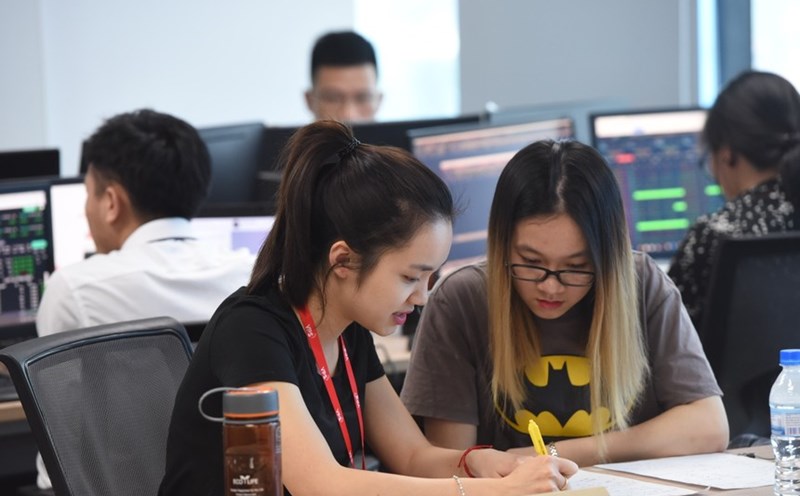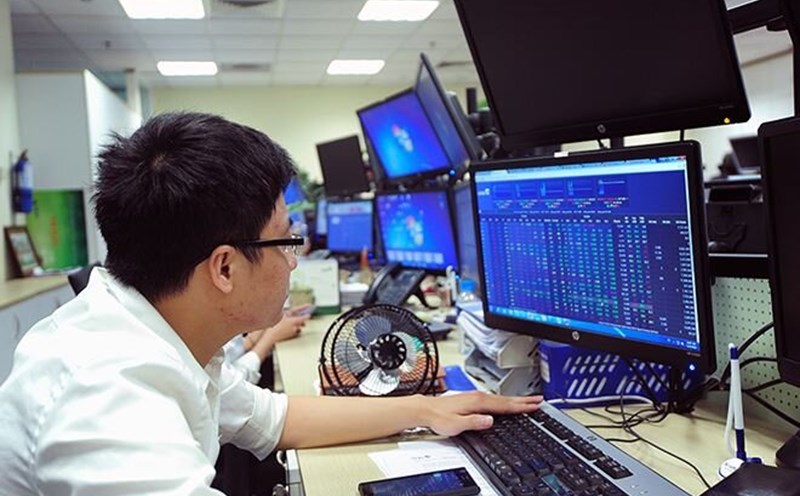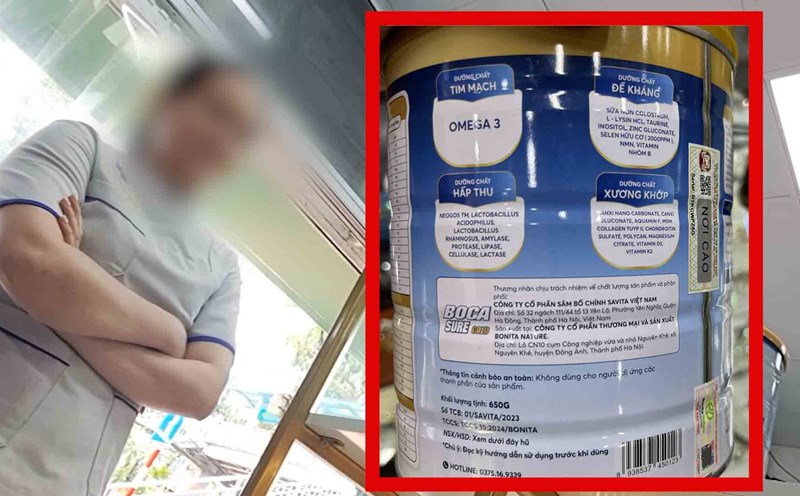In the short trading week before the holiday, the Vietnamese stock market in general still moved within a narrow range with liquidity falling sharply, clearly reflecting investors' cautious sentiment before the long holiday.
However, entering the first week of May, experts believe that the market may continue to recover with a positive mentality again, as many new expectations are taking shape.
With Vietnam and the US having officially entered the negotiation phase related to countervailing tariffs and the KRX system officially coming into operation, the market is expected to witness the return of cash flow and return to the uptrend.
Most notably, the KRX trading system, expected to officially operate from May 5, 2025 after many delays, is one of the most anticipated events in the market.
KRX will replace the entire current trading and clearing payment system, support the implementation of new derivative products (such as VN100 futures contracts) and improve the speed of transaction processing. This can attract cash flow from both domestic and international investors, especially ETFs.
KRX is an important step forward to meet the criteria for upgrading the market from frontier to emerging market according to FTSE Russell's assessment, especially the criteria for transferring counterpart payments and handling failed transactions. This could stimulate a return of foreign capital, with estimated capital flows from ETFs and active funds reaching about VND136,000 billion after upgrading.
Experts from PHS Securities Company assess that the official operation of the KRX system will open up many significant opportunities for the Vietnamese stock market in the long term, especially in enhancing the position and attractiveness of the market.
KRX not only improves trading infrastructure with higher transparency and efficiency, but is also a foundation for implementing new trading products.
However, current key issues such as customs tensions, global geopolitical factors, and important decisions related to domestic economic policies will continue to be the focus of investors as well as experts across the country in the period from May to June.
"These factors not only have a direct impact on market sentiment but also affect cash flow and investment strategies, making investors need to be more cautious in assessing opportunities and risks in the coming period," PHS Securities Company commented.
In the short-term context, some experts also agree that, in addition to the psychological effect, the stock market has not been able to benefit too much because most of the short-term reforms are not too big and investors will not feel it; in addition, there are still many uncertainties due to macro factors, so cautious psychology is still dominating the market.
And that is also the reason why the recommendation given to investors is to maintain the principle of caution with Margin leverage.
Dr. Nguyen Duy Phuong, Investment and Strategy Director of DG Capital, said that the reasonable Margin ratio should be kept low, prioritizing the use of self-made capital, avoiding using high leverage to prevent risks when the market fluctuates unexpectedly. The proportion of stocks should be average, ranging from 50-60% of the portfolio, focusing on good core enterprises, with healthy financial reports, stable cash flow and good resilience to macro shocks. In the current period, portfolio risk management and capital preservation should be given top priority, instead of pursuing profits at all costs.











